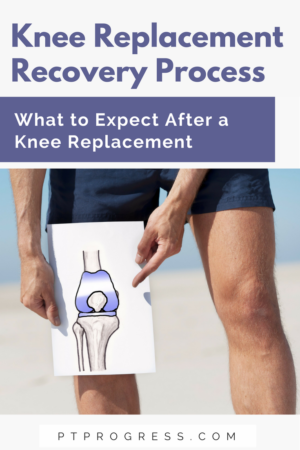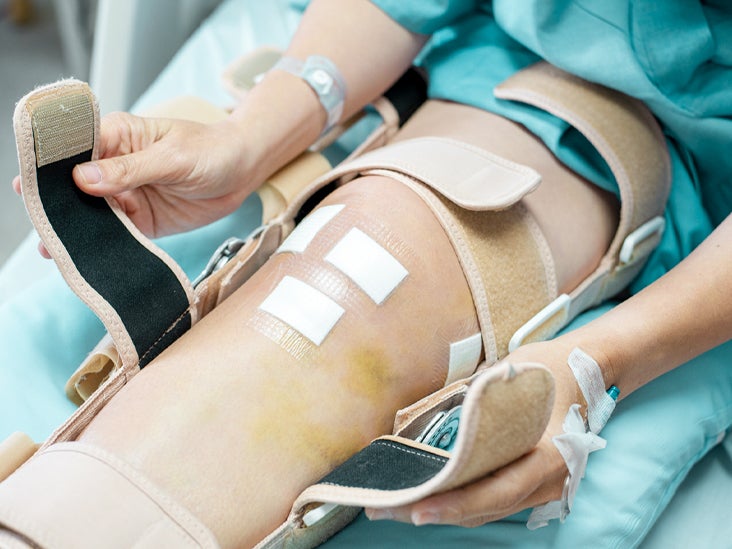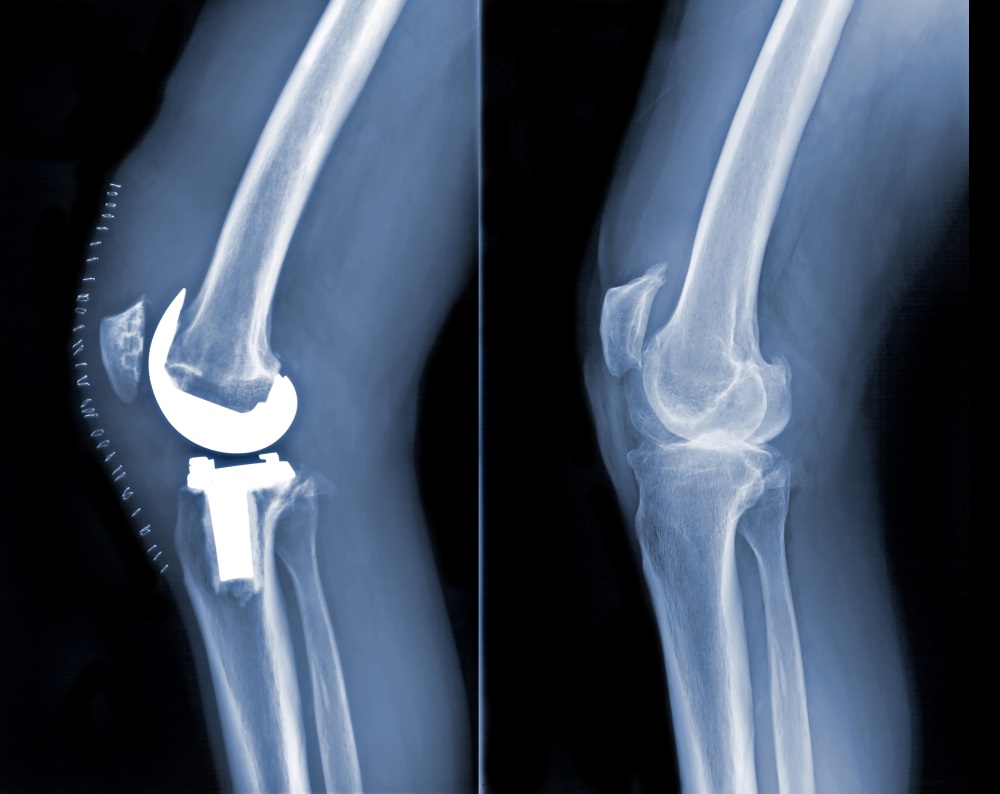Knee surgery is widely considered as an effective treatment option for individuals suffering from arthritis. Arthritis, a condition marked by inflammation and stiffness in the joints, can greatly impact a person’s ability to carry out daily activities and lead a fulfilling life. While knee surgery may not be a cure for arthritis, it aims to alleviate pain and improve mobility in patients.
One common knee surgery for arthritis is total knee replacement (TKR), which involves removing damaged knee joint components and replacing them with artificial implants. This procedure has shown promising results in many individuals, particularly those with severe arthritis symptoms. Studies have indicated that TKR can significantly reduce pain and enhance overall function, allowing patients to resume activities they were once unable to perform.
The success of knee surgery for arthritis is determined by several factors, including the patient’s overall health, the severity of arthritis, and the surgeon’s expertise. While complications can occur, such as infection, blood clots, or implant-related issues, they are relatively rare. The majority of patients who undergo knee surgery report a significant reduction in pain and improvement in their quality of life.
Post-operative care and rehabilitation play a crucial role in the success of knee surgery. Physical therapy and exercises are commonly prescribed to help patients regain strength, flexibility, and range of motion in the affected knee joint. Adhering to a structured rehabilitation program is essential for achieving optimal outcomes and maximizing the benefits of the surgery.
It is important to note that knee surgery may not be suitable for everyone with arthritis. Factors such as age, overall health, and lifestyle should be considered when determining the best course of treatment. Consulting with a qualified orthopedic specialist can provide individuals with an accurate assessment of their condition and guide them towards the most appropriate treatment option.
In conclusion, knee surgery has proven to be a successful treatment option for arthritis sufferers. It can significantly reduce pain, improve mobility, and enhance overall quality of life for many patients. However, each case is unique, and it is crucial for individuals to consult with medical professionals to determine if knee surgery is the best course of action for their specific condition.
How long does it take to recover from arthritis knee surgery?
Healing and recovering from knee replacement surgery is a gradual process. During the first 6 weeks, rapid healing takes place. A full recovery can take 6 months to 1 year or longer.
When do you need knee surgery for arthritis?
Your doctor might recommend knee replacement if: You have very bad arthritis pain, and other treatments have not helped. You have lost a large amount of cartilage. Your knee pain is keeping you from being active enough to keep up your strength, flexibility, balance, or endurance.
:max_bytes(150000):strip_icc()/GettyImages-172595378-5716a21e3df78c3fa2c9fdb7.jpg)
Will knee surgery fix arthritis?
Although TKR will relieve some symptoms of arthritis, it isn’t a cure for the progressive condition.
Can knee arthritis be cured with surgery?
Most people require crutches for an additional four or five weeks and continue semiweekly physical therapy for an additional two or three months. Osteotomy may or may not completely cure your arthritis; sometimes, osteoarthritis progresses, and total joint replacement is needed.
How many days rest is required after knee surgery?
Recovering from knee replacement surgery at home – first six weeks. You will need to rest when you return home and will likely feel tired in the first six weeks. Despite this, you will need to find a balance between rest and making sure you follow your rehabilitation programme.
What is the average time off after knee surgery?
Typically, knee replacement patients are able to leave the hospital within 1 to 5 days (often 2 or 3), and they can take care of themselves and resume most activities 6 weeks after surgery. The majority of patients are 90% recovered after 3 months, though it can take 6 months or longer before they are 100% recovered.
How long before you can drive after knee surgery?
Most patients can get back to driving between 2–6 weeks after surgery. However, each person’s recovery is different, so check with your surgeon before getting behind the wheel again.Apr 4, 2023

How long should you stay off your knee after knee surgery?
Use your crutches or walker until your health care provider or physical therapist tells you it is OK to stop, which is often around 4 to 6 weeks after surgery. Use a cane only when your provider tells you it is OK. Put only the amount of weight on your knee that your provider or physical therapist recommends.

How long do you have to stay off your knee after surgery?
Typically, knee replacement patients are able to leave the hospital within 1 to 5 days (often 2 or 3), and they can take care of themselves and resume most activities 6 weeks after surgery. The majority of patients are 90% recovered after 3 months, though it can take 6 months or longer before they are 100% recovered.




